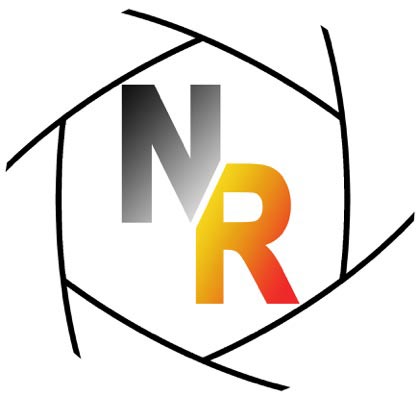Teacher Rant
Apologies if it seems I am beating a dead horse but I have one more thing to add to my series on the unsung heroes of the photo world: teachers.
I have written before about the teaching profession here.
Photo teachers are massively underutilized as portfolio reviewers. There, I've said it.
Let's play this hypothetical out. I am rich (or not), I've gone to art school and I like galleries so I buy one. I like photography, although I didn't study it, and so I decide my gallery will be a photography gallery. Right away I am making decisions about who to show, what kind of works I want on my gallery's walls and what artists I want to represent. I also am now being sought after to do portfolio reviews, both locally but also nationally. My qualifications are suspect at best as I am new to the whole process. Yet people are sitting across the table from me at reviews, showing me their work and wanting my say whether the work is good, merits attention and recognition, and whether I will give them a show in my gallery. I look like and seem knowledgeable and to be an authority but I am not.
Second hypothetical. I am a career photo teacher. I have been through undergraduate and graduate study in photography. I am well versed in the medium's history, its contribution to the modern fabric of our society, am up on current technology and lecture frequently about photography's impact, its pervasive nature, assumptions and misconceptions people have about it and whether student work is effective, beautiful, powerful or not. In fact I am a trained and career-based photography portfolio reviewer. I review student work daily and weekly, sometimes of intro students and often of senior or second year graduate thesis students. Lastly, I am very connected in my community for I often use local museums and galleries for my classes, invite curators, prominent artists and critics to speak to my students. I do not own a gallery nor am I sought after to conduct reviews even though, arguably, I am among the very most qualified to do so.
Why? Because I don't have the position or the power to award an exhibition or to agree to publish a photographer's work.
I think this should change and I believe it may soon. Portfolio reviews are a fairly new system, devised to connect people with decision making authority and photographers looking to increase the exposure of their work. And it works, to some extent. This is how curators, gallery directors and publishers are now choosing work for exhibition or publication, for the most part. But talk to the really good reviewers and they say that most often they are ladling out advice and their opinions about the work in an effort to make constructive criticism of the work, not to award a show. Furthermore, they counsel the reviewee that this is exactly what they are doing. Now, go back to the hypothetical clueless gallery owner. Do you really want him/her advising you about your work? Or would you rather have a career professional looking at your work, someone who is hugely qualified and experienced?
I believe that we are beginning to see a maturing of the portfolio review business, at least I hope so. After all, when someone gets their work reviewed it is a business transaction, with a client (the reviewee photographer) and the reviewer (the service provider).There is money exchanged. What is needed is a balance with those that can offer things like exhibitions with those that can advise the client best on the efficacy, relevance and worth of their photography, and make helpful suggestions about how to improve.
Come on Photo Lucida in Portland, Photo Fest in Houston, Paris Photo, Review Santa Fe, etc. I understand everyone who's coming to be reviewed wants a show, but for the vast majority the benefit is having someone really qualified, really good, reviewing their work. It's the photo teacher every time. It is a no brainer. Put more teachers in place in portfolio reviews and do it as soon as you can.
I am now finished with my Teacher Rant. Whew! Thanks for reading.




